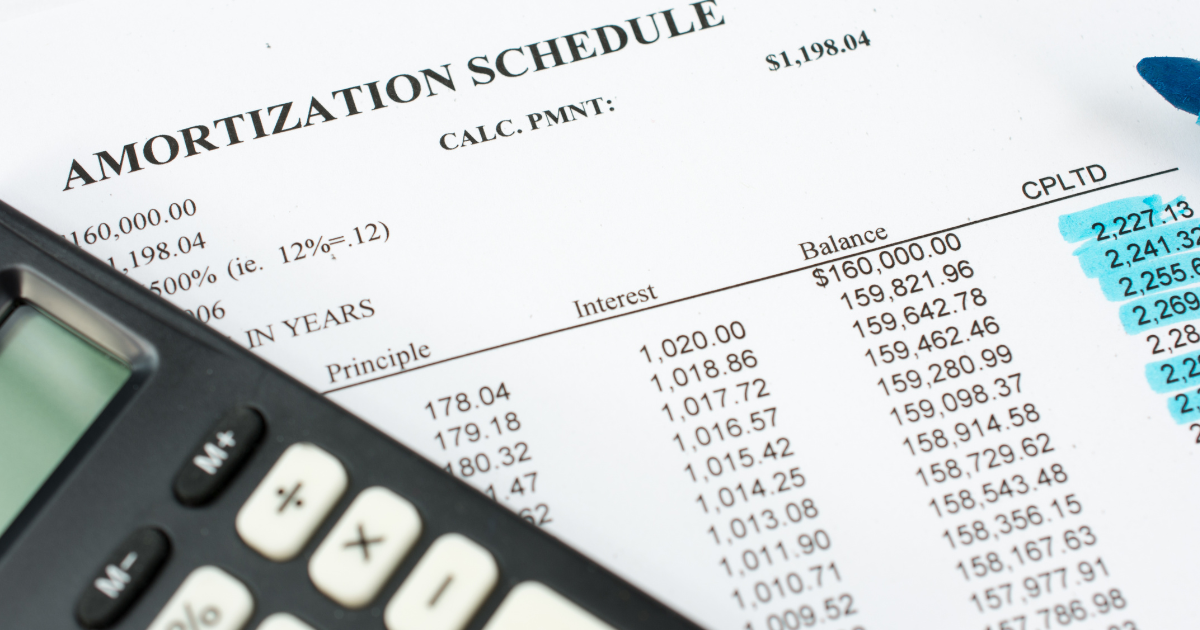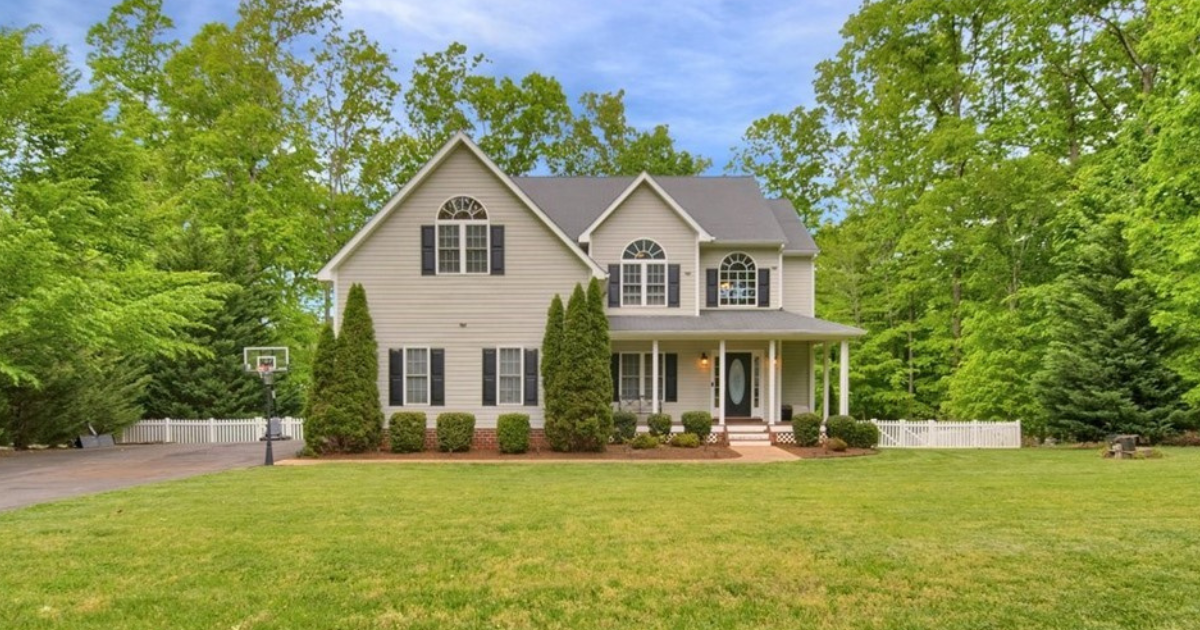When you’re searching for a new home, you’ll come across many different types of properties and communities. Some listings will note that the home is part of a “PUD” — short for Planned Unit Development. But what exactly does that mean, and how does it affect you as a buyer or homeowner?
Understanding the ins and outs of a PUD can help you determine whether this type of community aligns with your lifestyle, financial goals, and long-term plans.
Defining a Planned Unit Development
A Planned Unit Development (PUD) is a type of residential community that blends a variety of property types — single-family homes, townhouses, condos, or even commercial spaces — into one master-planned neighborhood. Unlike a traditional subdivision, a PUD is governed by a homeowners’ association (HOA) and often includes shared amenities such as pools, clubhouses, trails, or even retail centers.
In simple terms: a PUD is a community designed with a mix of uses and common spaces, with rules and guidelines intended to maintain uniformity and protect property values.
How PUDs Differ from Other Housing Types
Many buyers confuse PUDs with condos or traditional neighborhoods. While they may look similar from the outside, ownership rights and community structures are distinct.
- Traditional Subdivision: You own your home and the land beneath it, but there are typically fewer common spaces and less oversight from an HOA.
- Condominium: You own the interior of your unit but not the exterior walls, roof, or land. Shared elements like hallways or landscaping are collectively owned.
- PUD: You own both your home and the lot it sits on (like a subdivision), but you’re also part of a broader community with common areas and an HOA that manages them.
This hybrid approach is what sets PUDs apart — blending personal ownership with collective responsibility.
Key Features of a PUD
Every PUD is unique, but most share certain traits that define the community structure.
Homeownership Rights
Owners typically hold title to both their dwelling and the lot it sits on, which is different from condo ownership.
Shared Amenities
Neighborhood pools, tennis courts, green spaces, playgrounds, and fitness centers are common. Some PUDs even include schools or small commercial districts.
HOA Governance
Rules, fees, and responsibilities are managed by the HOA, which maintains common areas and enforces community standards.
Design Consistency
Architectural guidelines are often in place to ensure homes maintain a cohesive look, protecting long-term property values.
The Benefits of Living in a PUD
For many buyers, PUDs strike the right balance between privacy and community. Some of the biggest advantages include:
- Access to Amenities: Pools, clubhouses, walking trails, and more — without having to maintain them yourself.
- Strong Community Feel: Events and shared spaces often foster a neighborhood atmosphere.
- Protected Property Values: HOA oversight helps prevent neglect or inconsistent property upkeep.
- Variety of Housing Types: From townhomes to single-family houses, buyers can often find something to fit their budget and lifestyle.
Considerations Before Buying into a PUD
While PUDs have clear advantages, it’s important to weigh potential drawbacks as well.
HOA Fees and Rules
Monthly or quarterly HOA dues are mandatory. These fees can vary widely and should be factored into your overall housing budget. In addition, HOAs may enforce rules about exterior paint colors, fencing, landscaping, or even parking.
Financing Nuances
Some lenders view PUDs differently than traditional homes, especially if the community includes commercial spaces or if HOA finances are unstable. It’s important to work with a lender — like CapCenter — that understands how to navigate PUD financing.
Resale Considerations
Future buyers will also weigh HOA fees, rules, and amenities. If the HOA is mismanaged or fees become too high, it could affect your home’s marketability.
PUDs and Mortgages
Because ownership in a PUD is more comprehensive than a condo, mortgage financing is often simpler. Most PUDs are treated similarly to single-family homes in the eyes of lenders. However, your lender may still need to review HOA documents to ensure the community is financially stable and meets lending guidelines.
At CapCenter, our team is experienced in reviewing these documents and helping clients avoid surprises at closing. And because we offer Zero Closing Cost loans, you’ll save thousands upfront whether you’re buying into a PUD or a traditional neighborhood.
Questions to Ask Before Buying in a PUD
When considering a home in a PUD, go beyond the home itself. Ask:
- What are the monthly or annual HOA fees, and what do they cover?
- How financially healthy is the HOA?
- What amenities are included, and how often are they maintained?
- Are there restrictions on renting or making improvements?
- Have there been recent special assessments, or are any planned?
Getting clear answers to these questions will help you avoid surprises and make an informed decision.
Is a PUD Right for You?
A Planned Unit Development can be a great choice if you enjoy access to shared amenities, value a strong sense of community, and are comfortable with HOA oversight. For buyers who prefer total independence and minimal restrictions, a PUD may feel too limiting.
At the end of the day, it comes down to lifestyle preferences and long-term financial considerations.
How CapCenter Can Help
Buying into a PUD doesn’t have to be complicated. CapCenter offers:
- Expert Guidance: Our realty team can help you evaluate PUD communities, review HOA documents, and understand the impact of fees and rules.
- Zero Closing Cost Mortgages: We cover all closing costs, saving you thousands on your home purchase.
- Streamlined Process: From preapproval to closing, we handle everything in-house for a smoother experience.
If you’re interested in exploring homes in a PUD or want to understand how HOA fees will affect your budget, start your home search with CapCenter or use our mortgage calculator to plan ahead.
FAQs About PUDs
Is a PUD the same as a condo?
No. In a condo, you only own the interior space of your unit. In a PUD, you own both your home and the land beneath it, plus a share of common spaces.
Do all PUDs have HOAs?
Yes. The HOA is central to the structure of a PUD, maintaining amenities and enforcing community guidelines.
Can I get a standard mortgage for a PUD home?
In most cases, yes. PUDs are typically treated like single-family homes for financing, though your lender may review HOA details.
Are HOA fees in PUDs higher than in condos?
Not necessarily. Fees depend on the community’s amenities, size, and maintenance needs.
Final Thoughts
A Planned Unit Development combines the privacy of owning your own home with the benefits of shared amenities and community living. While HOA rules and fees require consideration, many homeowners find the lifestyle and property value protection well worth it.
If you’re exploring your options and wondering if a PUD is right for you, CapCenter is here to guide you every step of the way — saving you money with Zero Closing Costs and helping you find the community that feels like home.




